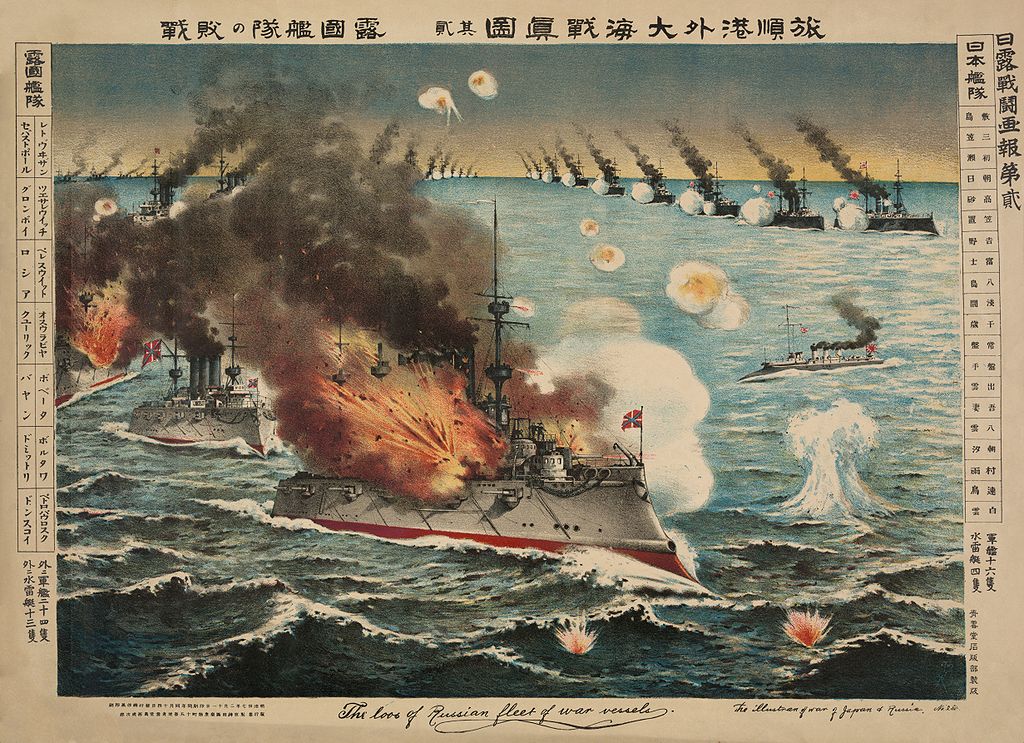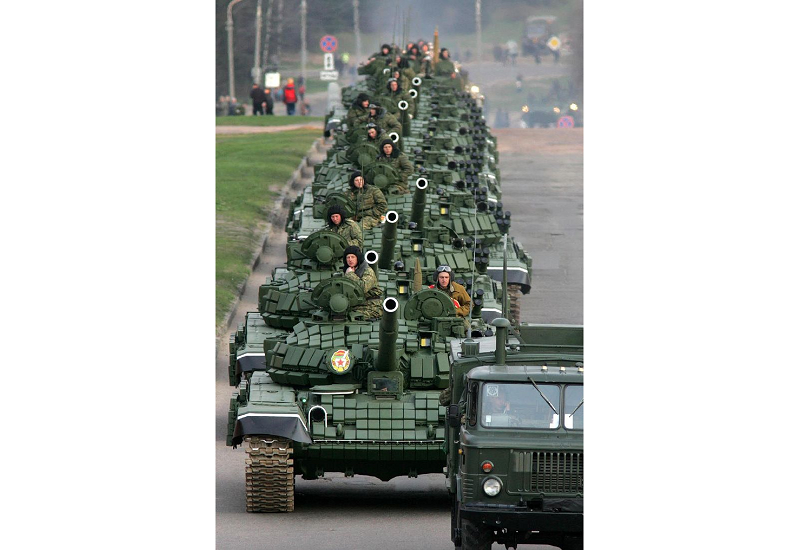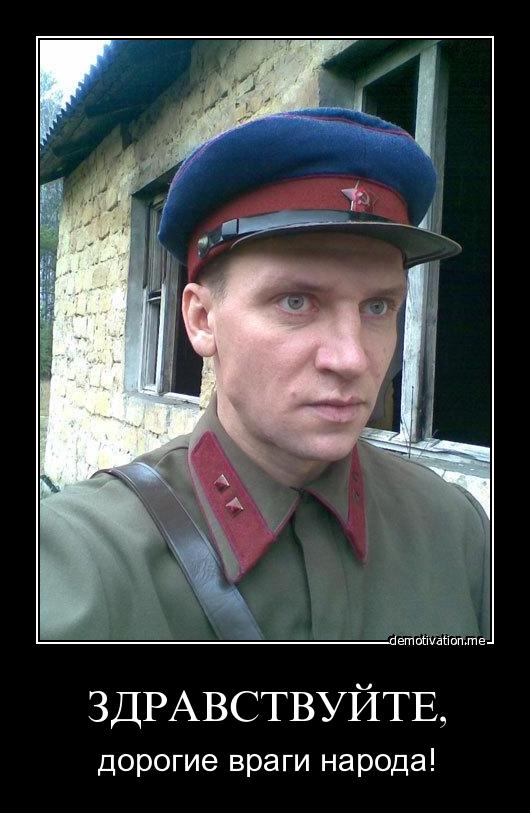Twice in the last “long century,” Russia has fallen apart because its leaders overrated the strength of their own country and got involved in foreign actions Russia could not afford, Vladislav Inozemtsev says, a pattern that is especially disturbing now because once again Russia’s leaders appear to be making the same mistake.
In an essay for the Intersection Project, the Moscow economist says that “the collapse of the Russian Empire and of the Soviet Union were not accidental: in large measure, both these events occurred as a result of the exceptional overrating by the powers that be of the potential strength of their own country.”
The mistaken assessment of Russia’s strength in both cases led them to seek foreign expansion, something that was not justified and to form their economies “on the basis of political utility.” Today, Inozemtsev argues, exactly the same kind of over-assessment of Russia’s strengths and of its involvement abroad cannot fail to be a cause for concern.
Indeed, he argues, “instead of escaping from ‘the long 20th century’ in the 1990s, [Russia] has confidently gone around for a third time according to this paradigm from the past.” One might have expected better, given the attention that Russia’s history is attracting as it enters the centennial of the 1917 revolutions, but unfortunately, that history is not being used properly.
Today, he continues, Russia “just like a century ago is meeting a new year imaging itself as surrounded by enemies – and as Petersburg then hadn't yet been renamed Petrograd, one feels that such suggestion of a parallel is no accident.” But if history is repeating itself, it will be “not as a tragedy but as a farce,” although just how much of one remains to be seen.
In the years before World War I, “the political and intellectual elite dreamed of its ‘turn to the East,’” something that ended with Port Arthur and the Tsushima Straits; “the emperor presented himself as the inspiration for universal disarmament” only to become “one of the chief actors of a global war.”
The Russian economy of that time had begun to attract investment from abroad. Indeed, it was one of the directions in which European investors placed the most confidence. But “after several decades, it experienced a horrific collapse.” And “Orthodoxy became the state’s ‘ideological entrepreneur,’” only to suffer massive martyrdom shortly thereafter.
In Soviet times, “in a country which also was more powerful than today, there existed an authoritarian one-party system whose leaders had the formal support of almost the entire population … and who naively thought they could conduct a quick and effective military operation in a distant Muslim state.”
As Russia enters this anniversary year, Inozemtsev says, the current powers that be “seek to use all possible symbols” from the two predecessor states but to do so in a way that “cleanses” them of all aspects that might trigger concerns about what the Kremlin is doing now and where it might lead.
Such a use of the past is “completely unacceptable,” the Moscow economist says not only because it deprives Russia of “the most important thing history can give us: the possibility of drawing lessons for the present” but also because this false history become “a serious obstacle” for having discussions about it and coming up with ideas about the future.
Inozemtsev says that he would very much like to see 2017 become “a catalyst for the formation of a completely new approach to domestic history, one based on a mantra not used up to now: a commitment to accuracy” because only that will allow history to help Russia rather than hold it back.
“The history of Russia,” he writes, “should not ‘inspire the people to new achievements’ but explain how ‘particular mistakes’ of the ruling elite twice led to the destruction of the country and ‘certain miscalculations’ of the command to the loss of almost half of its territory and 40 million lives.”
Such a task, Inozemtsev points out, will require the promotion of a broad and free discussion, the opening of archives, and the rise of Russians not afraid to challenge the shibboleths of today; but unfortunately, the current powers that be are just as afraid of such things as their predecessors and so Russia may not avoid yet another, third, disaster.
Related:
- The Russian Federation's disintegration won't be like the USSR's, Zhordan says
- A Trump-Putin deal on Crimea could trigger a much bigger war, Israeli analyst says
- Where Russia is already beginning to collapse -- the Permafrost Zone in the Far North






